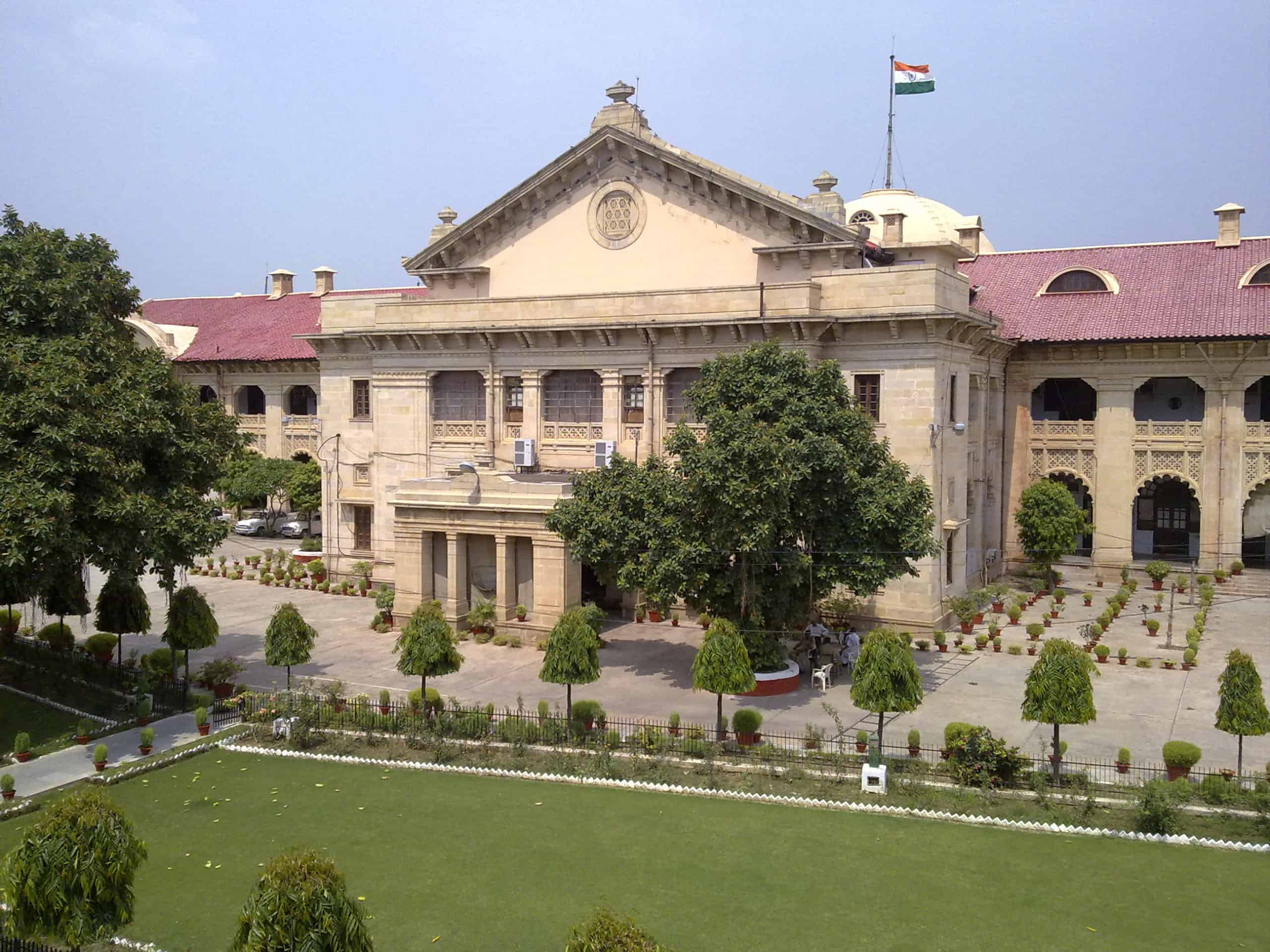The Kerala High Court recently held that subjecting a wife to sexual perversions against her will amounts to mental as well as physical cruelty entitling her to divorce [X v. Y]
A division bench of Justices Amit Rawal and CS Sudha said that while different persons may define sexually perverse acts differently, if one of the parties engaging in sex objects to the same but the other person continues with it, that would amount to cruelty.
“Perceptions of people differ on what act(s) constitute sexual perversion. What may be perversion to one, may not be perversion to another. When two consenting adults engage in coitus in the privacy of their bedroom, it is their choice as to how and in what manner they should act. But if one of the party objects to the conduct or acts of the other party on the ground that it is against normal course of human conduct or normal sexual activity, and still he/she is compelled to do the same, then it can only be termed as cruelty both physical and mental,” the Court explained.
It held that when such incidents occur between spouses, it would be sufficient cause to grant divorce.
“If the conduct and character of a party causes misery and agony to the other spouse, the said conduct would certainly be an act of cruelty to the spouse justifying the grant of divorce. Subjecting the wife to sexual perversions against her will and consent is certainly an act of mental as well as physical cruelty,” the Court held in its judgment.
The judgment was rendered on two matrimonial appeals moved by a woman challenging two orders of a family court. The first order dismissed her plea seeking divorce. The second order allowed her husband’s plea seeking restitution of conjugal rights.
The appellant-wife and her husband got married in 2009 and the husband purportedly left and went abroad for employment after 17 days of cohabitation.
The wife alleged that during these 17 days, her husband had subjected her to sexual perversions, compelled her to imitate scenes from porn movies, and physically abused her when she objected.
She also alleged that after her husband left, her in-laws made her leave the matrimonial home. He also didn’t pay her any maintenance until she moved the family court for divorce, she stated.
The husband denied all allegations and contended that it was all made up only for the purpose of seeking divorce. He also said that the allegations were not included in earlier petitions that his wife had filed seeking maintenance and return of gold ornaments.
However, the Court noted that while the pleadings did not contain specific details of the physical and sexual abuse, the wife had described them in detail when she was cross-examined in the trial of a criminal case in which the husband was charged with cruelty (Section 498A, Indian Penal Code).
The High Court took a look at a copy of the deposition in that case and took strong objection to the fact that the Magistrate hearing the case had not stopped the husband’s lawyers from asking her questions that it opined were “totally unnecessary, indecent, and inappropriate”.
While the husband was acquitted in the criminal case, the Court stated that findings in criminal proceedings are not biding in civil proceedings of the kind that the High Court was considering in this case.
Since the sexual acts alleged had caused the wife misery and agony, the High Court deemed it fit to dissolve the marriage of the parties. It accordingly set aside the orders of the family court.
The wife was represented by advocate Asha Babu.
The husband was represented by advocates Santhosh Subramanian, EA Thankappan, S Sreekumar (North Paravun), Sherry J Thomas, and Joemon Antony.
Source Link



